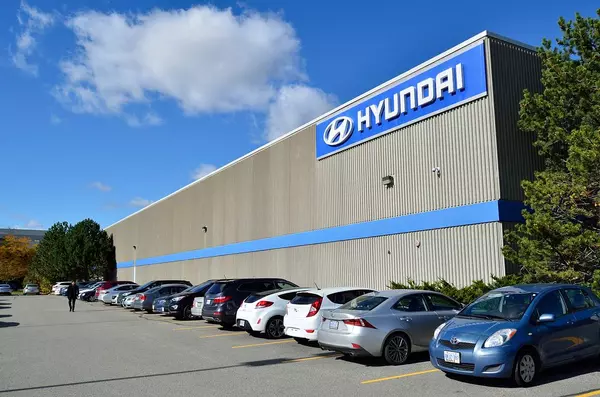What Happened
On 4 September 2025, U.S. Immigration and Customs Enforcement (ICE) agents carried out a major raid at a Hyundai-LG battery plant construction site in Georgia. According to U.S. officials, about 475 people were arrested for alleged visa violations. More than 300 of those detained were South Korean nationals.
Workers were reportedly accused of using visas such as B-1 business visitor visas or visa waiver permits under ESTA for work rather than just meetings or training—activities not permitted under those visa types. Many of the detained were specialized workers: engineers, equipment installers and technicians helping to set up this electric vehicle battery plant.
Trigger for the Investigation
In response, the South Korean government has launched a preliminary inquiry into whether the rights of its citizens were violated during the raid. Officials expressed “strong regret” to the U.S. and formally requested guarantees that Korean nationals’ rights would be protected in such law-enforcement actions.
President Lee Jae-myung called the situation “bewildering,” questioning how workers sent abroad by Korean companies to help build factories could find themselves treated as though they had committed serious wrongdoing. He warned that incidents like this could deter foreign investment and harm economic cooperation between South Korea and the U.S.
What’s Causing Outrage
Several elements of the raid have sparked widespread backlash in South Korea:
- Treatment of detainees: Images and videos released showed some workers being shackled—at their wrists, waists, and ankles—as they were led away. This treatment has been heavily criticised.
- Visa ambiguity vs. work: Many of the Korean workers detained say they were performing specialised, technical tasks for short durations, tasks often done under similar visa provisions in other contexts. Legal experts argue there’s a murky “grey zone” in how these visa rules are applied.
- Diplomatic tension: The raid occurred shortly after a summit between U.S. President Donald Trump and South Korean President Lee Jae-myung, amplifying diplomatic sensitivity. The release of the video footage added to the sense in Seoul that the timing and manner of the raid was especially ill-handled.
What South Korea’s Investigation Aims to Establish
The inquiry will examine whether:
- The detained workers’ rights were upheld during the operation—this includes how they were treated physically, including use of restraints, and whether due process was followed.
- Whether there was misuse or misclassification of visa categories, especially where specialized skills or short‐term technical tasks are involved.
- What role corporate practices played—i.e. how Hyundai, LG or subcontractors organized the employment or deployment of Korean nationals, and whether they complied with U.S. labor and immigration laws.
- The impact of this event on broader bilateral relations, foreign direct investment, and how future labor and immigration cooperation can avoid similar incidents.
Possible Consequences & Next Moves
- A chartered plane has already flown detained Korean workers from Atlanta back to Seoul.
- There are demands from South Korean labor unions and public opinion for an apology, and for clearer protections for Koreans working abroad.
- Seoul is pushing the U.S. for stronger visa safeguards, perhaps new visa categories, and assurances that future law-enforcement operations will respect the rights of foreign nationals, especially when they are there at companies’ request.
- Legal and diplomatic fallout could include potential compensation or remedial action, depending on what the investigation finds. The event has also raised concerns among businesses about risks of investment in the U.S. under current immigration enforcement policies.










